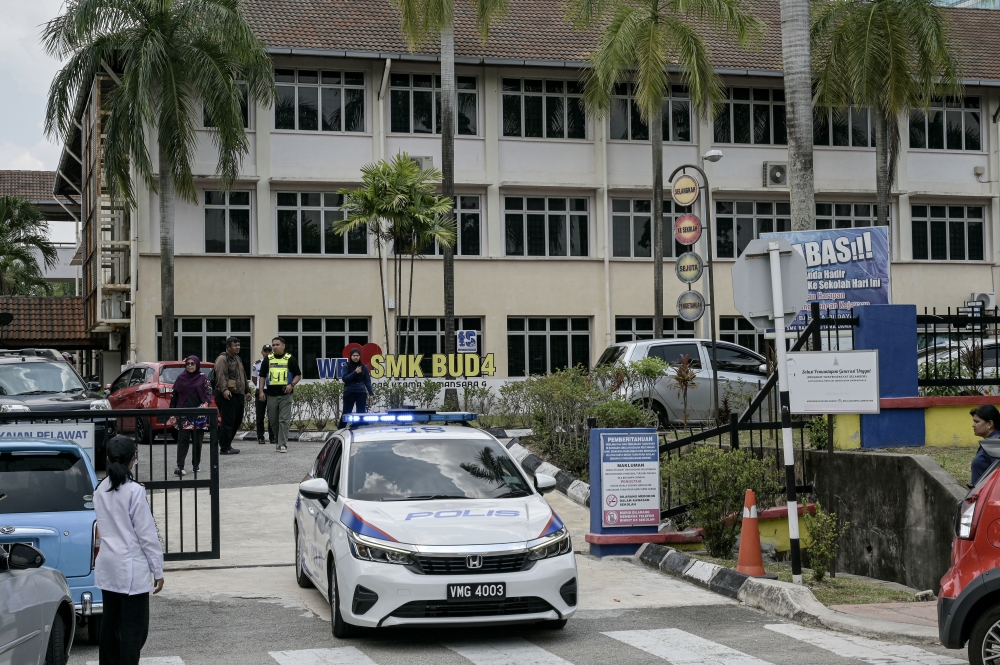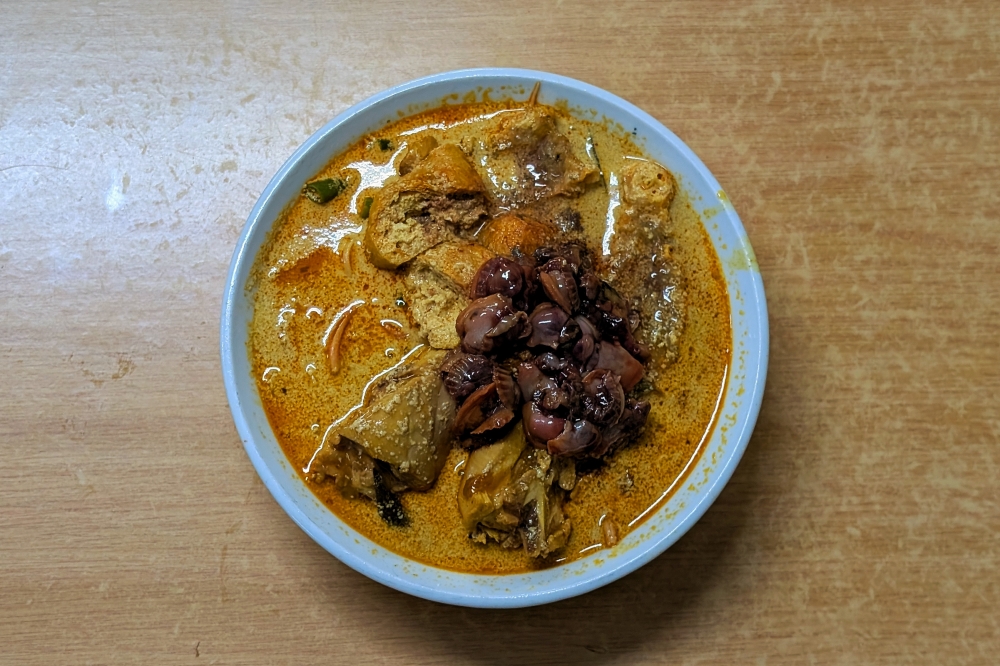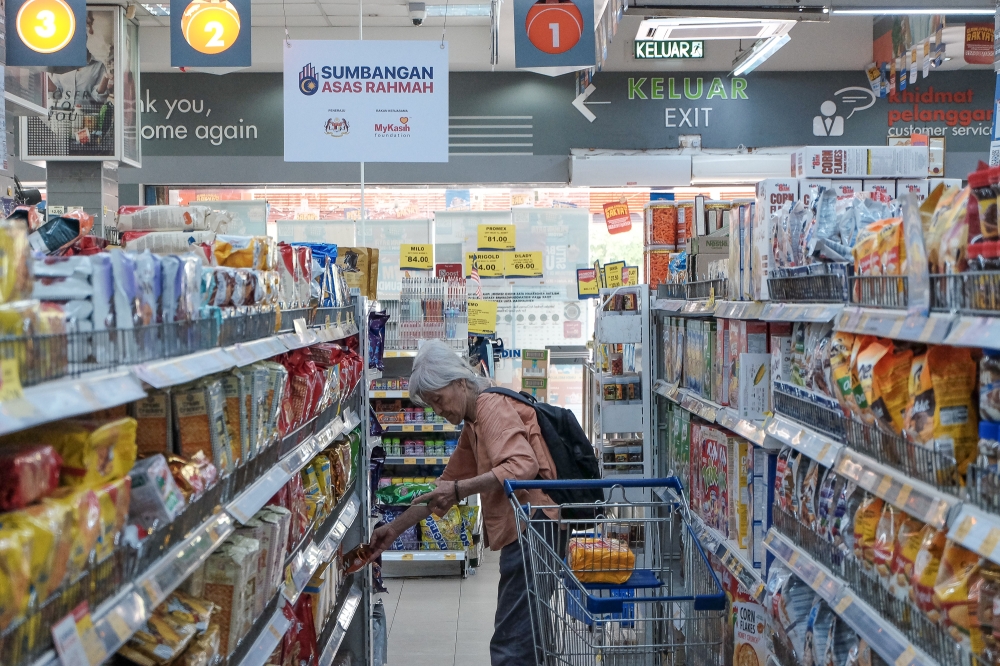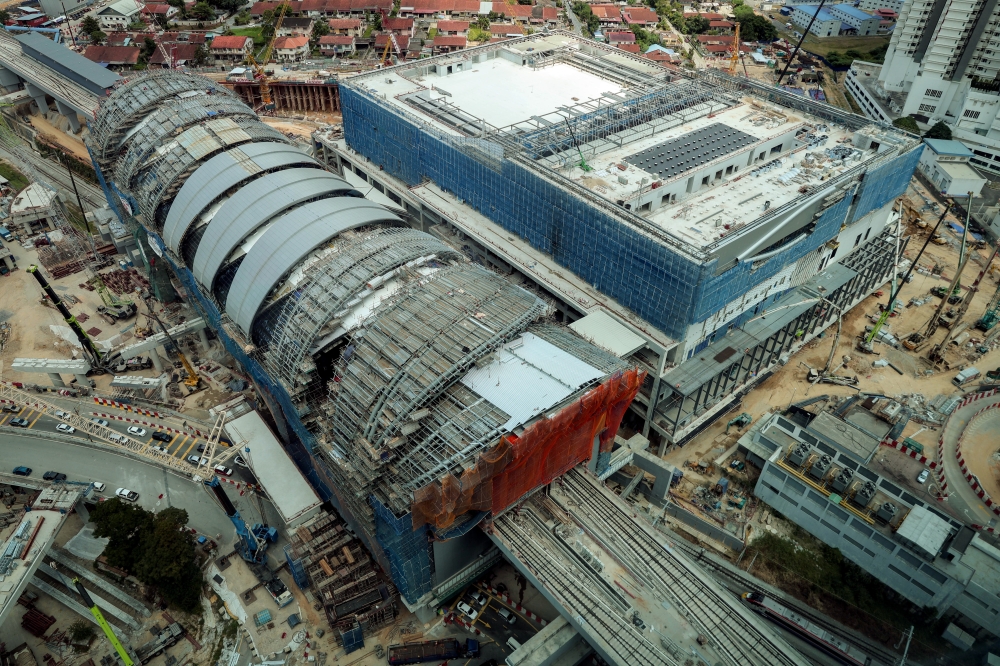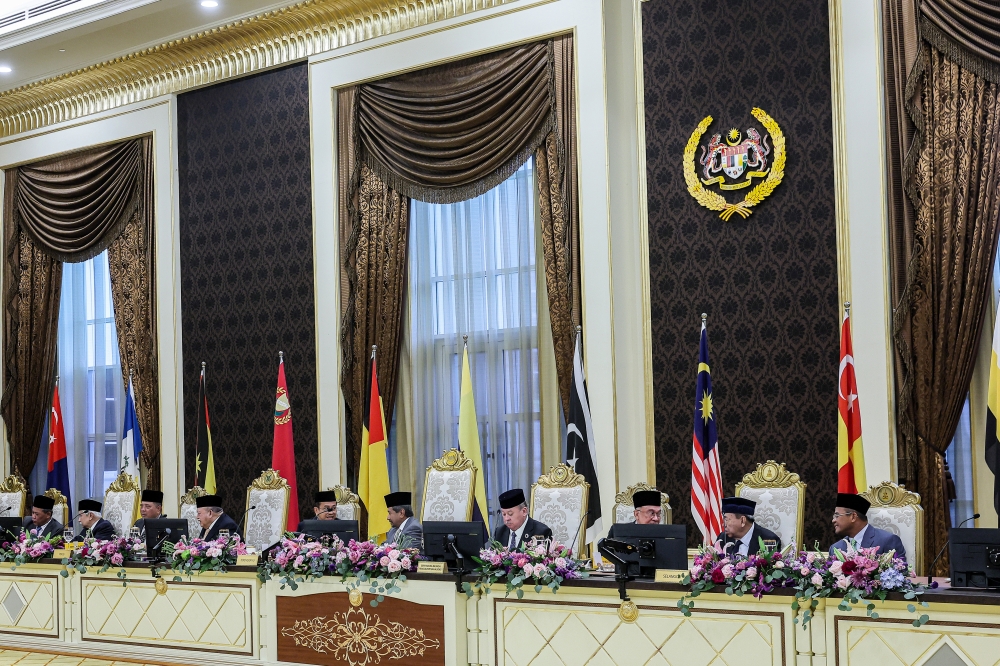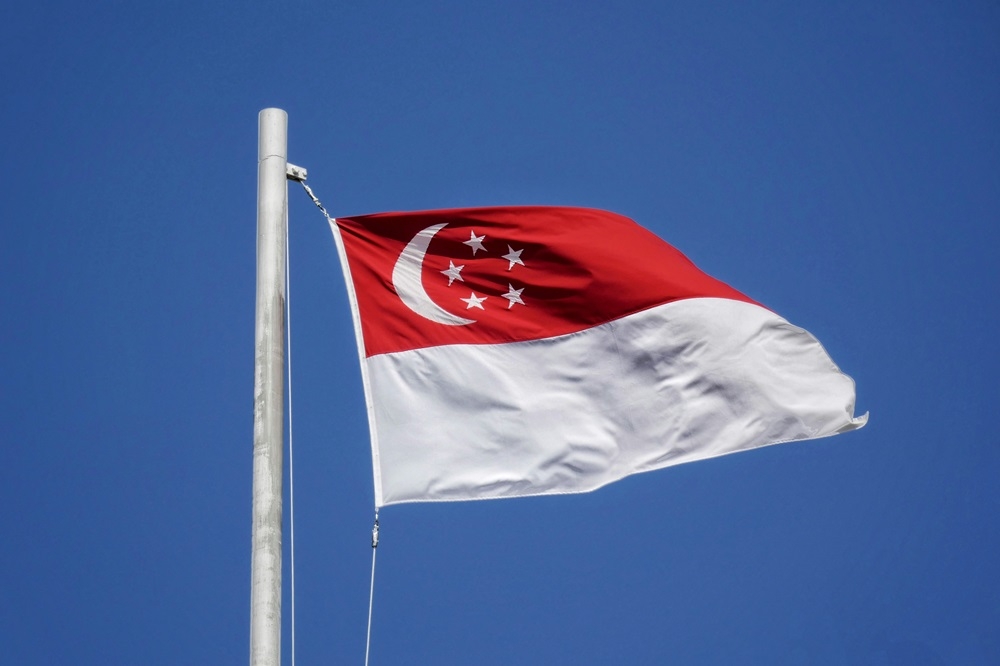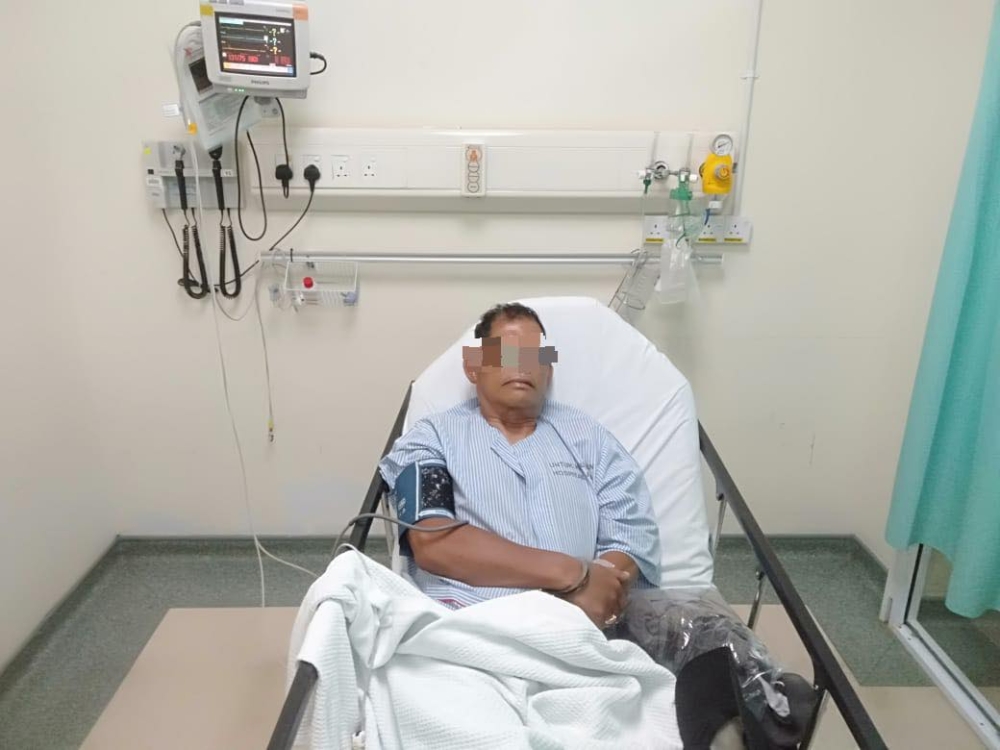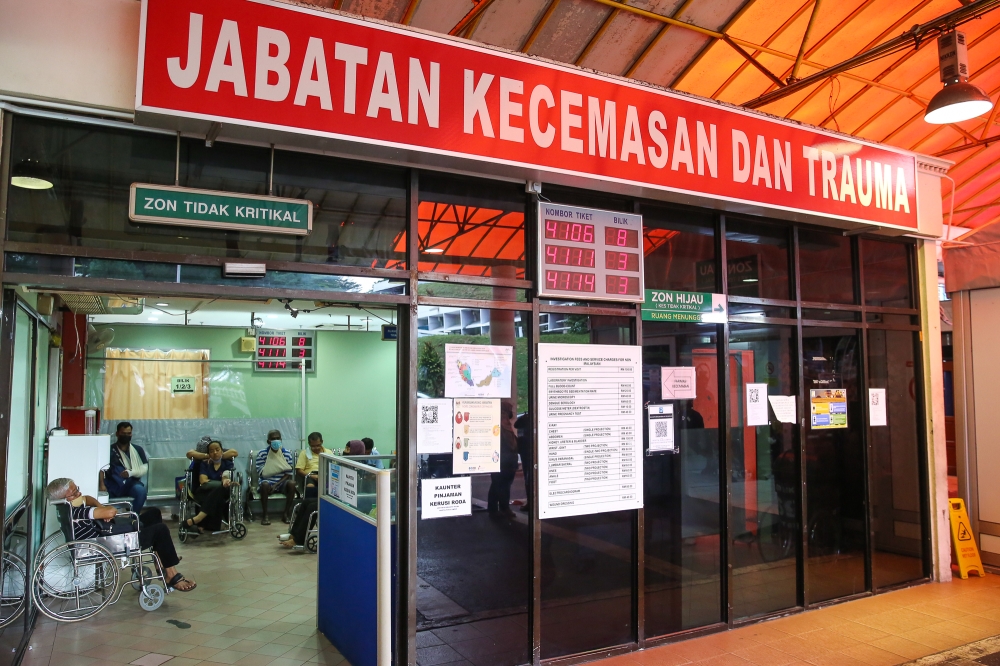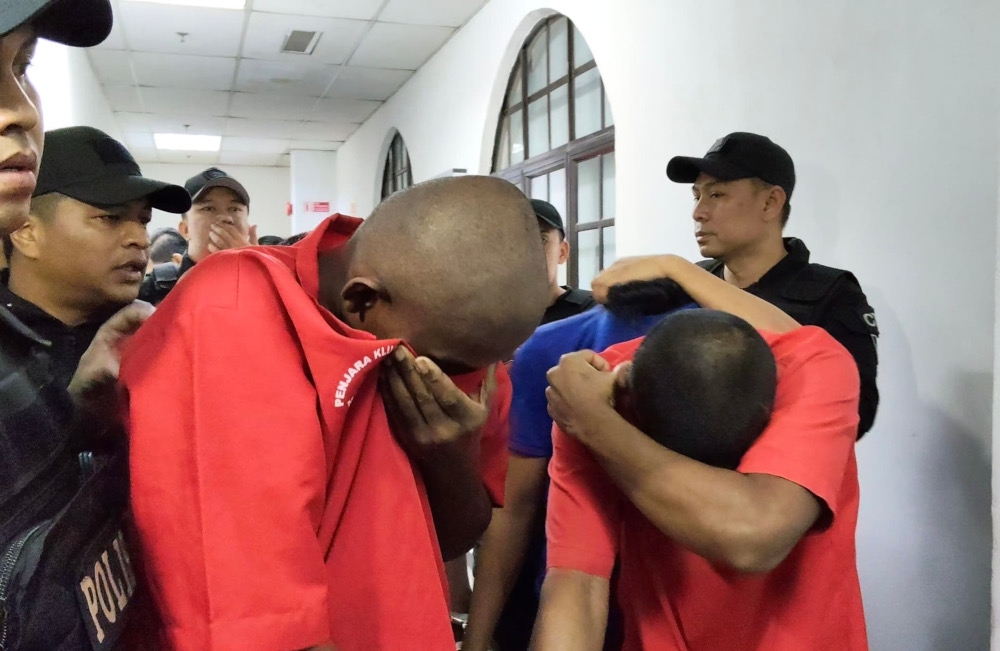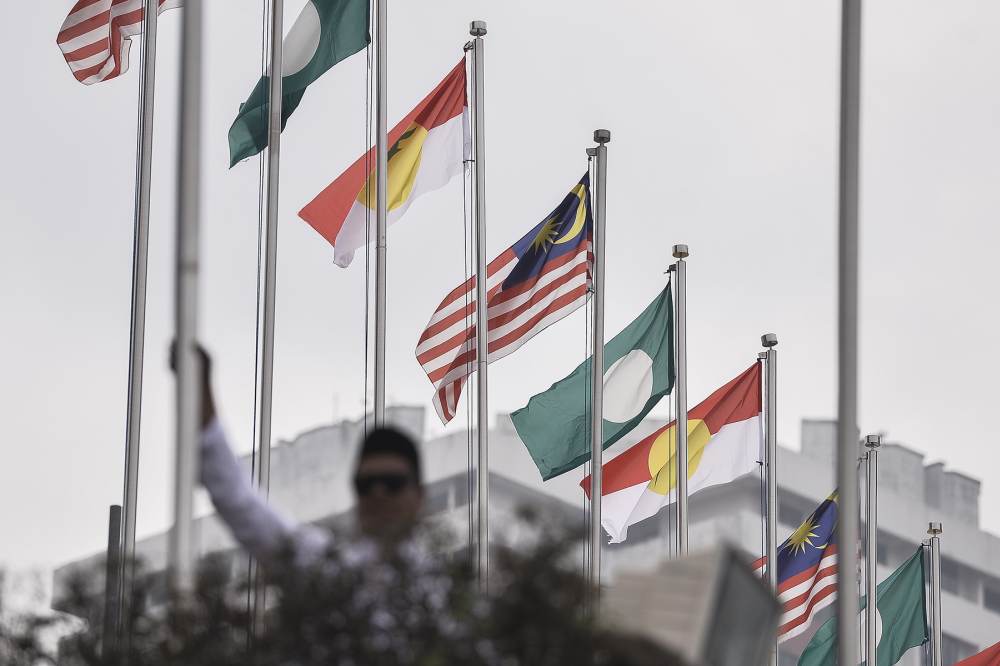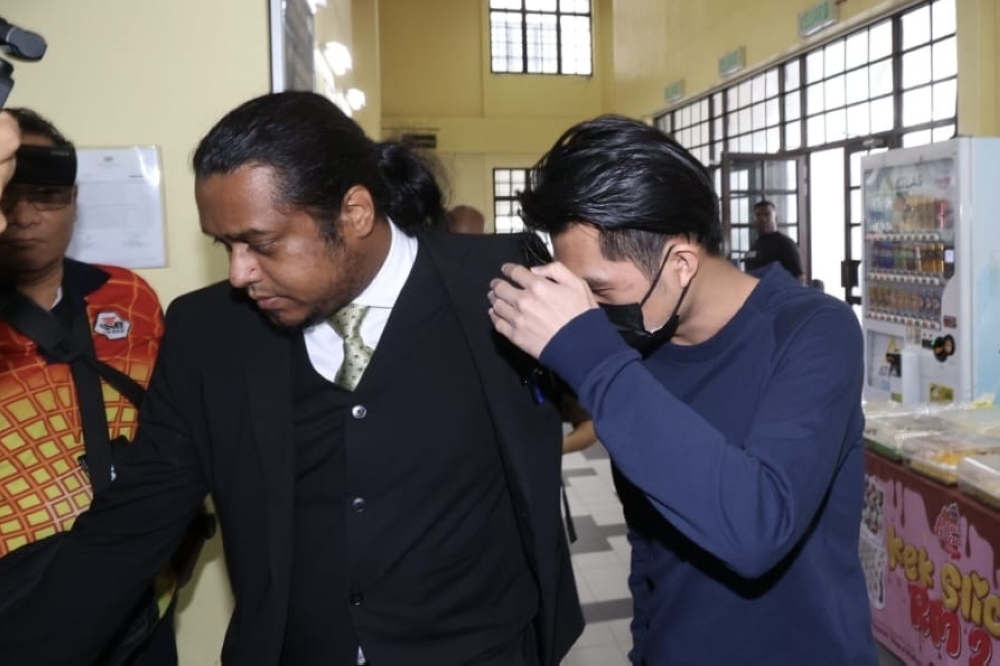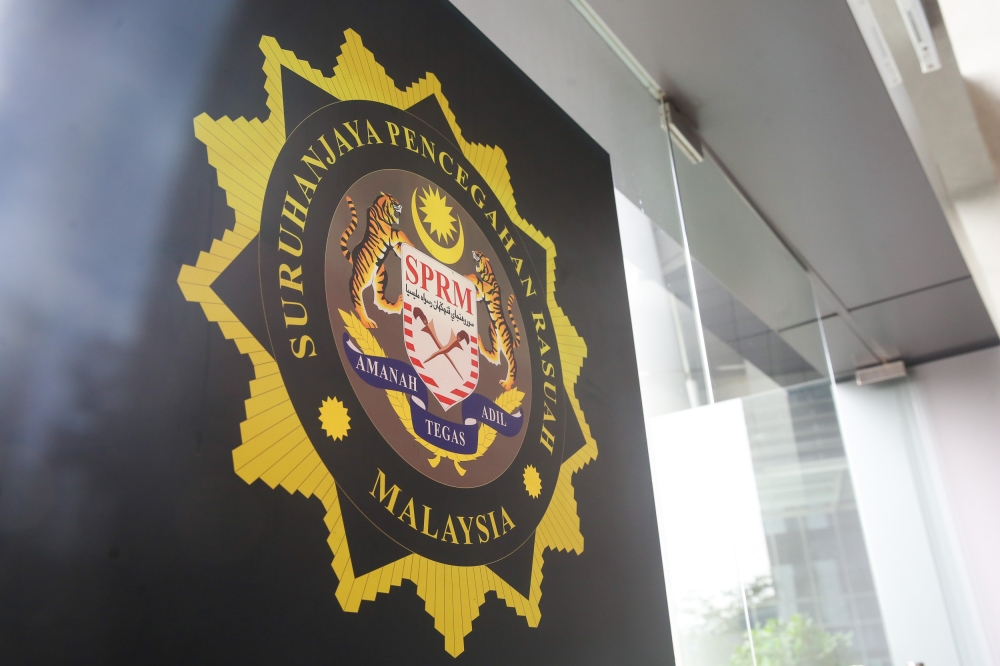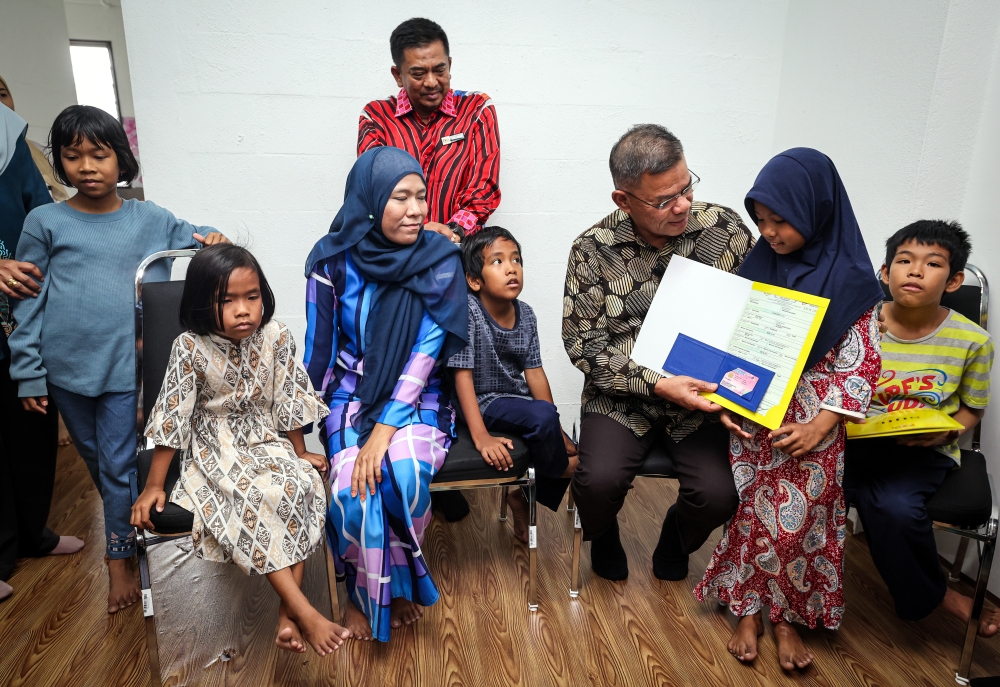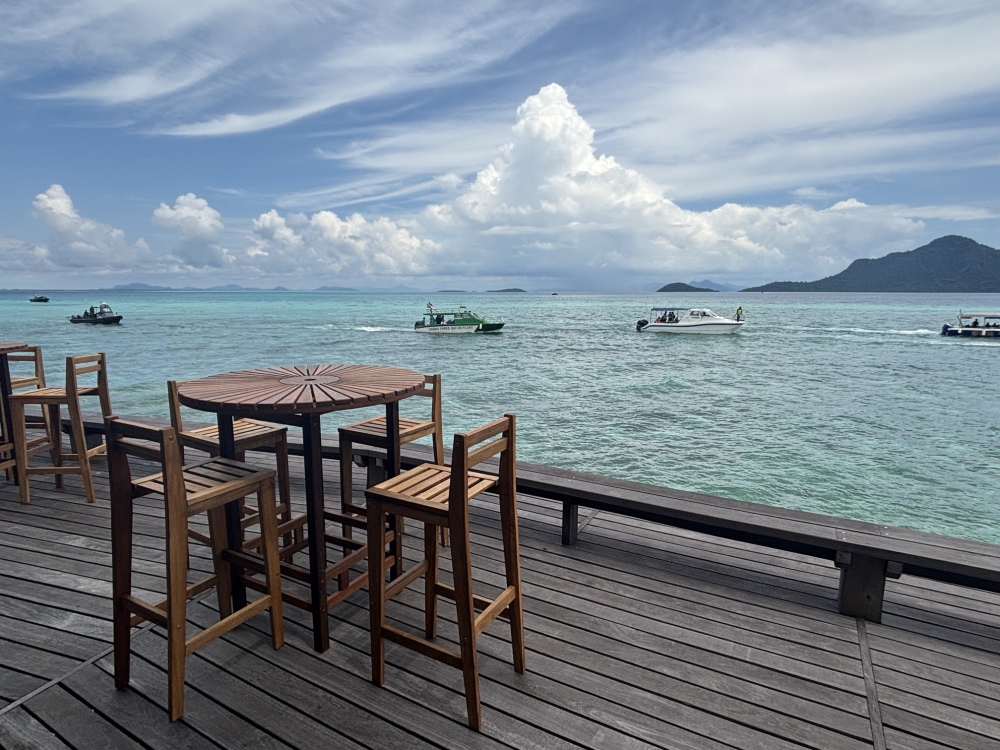KUALA LUMPUR, April 27 — Pakatan Harapan could emerge the winner in most crucial swing seats if the Opposition bloc could secure just a third of the Malay votes, now made possible by PAS’ alignment with tainted Umno chiefs, according to a DAP leader.
Like PH, Senator Liew Chin Tong noted PAS had campaigned on an anti-corruption platform in the 2013 general election by zooming in on the graft allegations surrounding then prime minister Datuk Seri Najib Razak, whose party was eventually replaced by angry voters who sought reform.
Najib is now on trial for over 40 counts of power abuse and graft charges relating to the 1MDB corruption scandal, and has been convicted of misappropriating RM42 million from a former subsidiary, SRC International.
“Why do I say this? Because the old idea that Malays can only be Umno or PAS supporters is no longer relevant,” Liew said in a statement.
“Since 2008, the Pakatan Malay supporters — both in Pakatan Rakyat and Pakatan Harapan — have been instrumental in making changes in the last three general elections,” the DAP political education director added.
“This sizable group of Malay voters wanted a clean government that does not tolerate corruption or accept abuse of power. This is a very important point for Pakatan to note.”
PH — a coalition comprising PKR, the DAP and Amanah, a PAS splinter — gained just a fourth of the Malay votes in the peninsula compared to Barisan Nasional’s 46 per cent PAS’ 28 per cent.
Bersatu, the newly formed party led by Prime Minister Tan Sri Muhyiddin Yassin, and whose members comprise over a dozen former top PKR leaders, has used the fact to justify claims that PH can never be a legitimate government because most Malay reject it.
But Liew argued the generalisation fails to capture two salient points.
“First, the most crucial swing seats in the peninsula are Malay-majority multi-ethnic seats with 30-50 per cent non-Malay voters,” he wrote.
“Once Malay votes for Pakatan Harapan in a Malay-majority multi-ethnic constituency exceed 30-40 per cent, combined with non-Malay support, Pakatan Harapan becomes the likeliest winner,” the senator added.
How Muhyiddin won the Pagoh in 2018 on Bersatu’s ticket best illustrates the point, Liew said.
Malay voters accounted for 64 per cent of the electorate in Pagoh, a Parliamentary seat in Johor, followed by ethnic Chinese at 32 per cent and ethnic Indians at 4 per cent.
“Second, the voting pattern for each state is quite different,” the DAP senator added, pointing to how the opposition coalition secured the largest Malay vote share in Selangor at 39 per cent although rivals BN had just 3 per cent less, while PAS had a quarter of the share.
Within the Klang Valley, the split between PH and BN in Kuala Lumpur was equal at 38 per cent each. PAS had 24 per cent.
In Johor, Negri Sembilan and Melaka, Pakatan Harapan received 31, 30 and 29 per cent of the Malay votes, respectively, enough to help it win state power in all these states.
“In the case of Johor, we won 36 out of 56 state constituencies, and 18 out of 26 parliamentary seats, thanks to the multi-ethnic nature of most seats in Johor,” Liew said, adding that in Penang and Perlis, PH received 29 per cent of the Malay votes.
“In all these five states, PAS ranked third in terms of Malay votes,” he noted.
Only in Kedah, Perak, Pahang, Kelantan and Terengganu did PH perform poorly, receiving just 25, 22, 15, 9 and 7 per cent of the Malay vote share respectively.
PAS received over half of Malay votes in just Kelantan and Terengganu, although Liew said it was likely that the performance was aided by Malay backlash against living cost pressure and the scandals plaguing Umno.
“Despite its achievement, we must not forget that PAS campaigned on an anti-Najib Razak platform in the 2018 election,” he said.
“Now that PAS is in the Perikatan Nasional government, and the voters in the east coast peninsula are watching the antics of its leaders, the situation in Kelantan and Terengganu is far from certain.”

